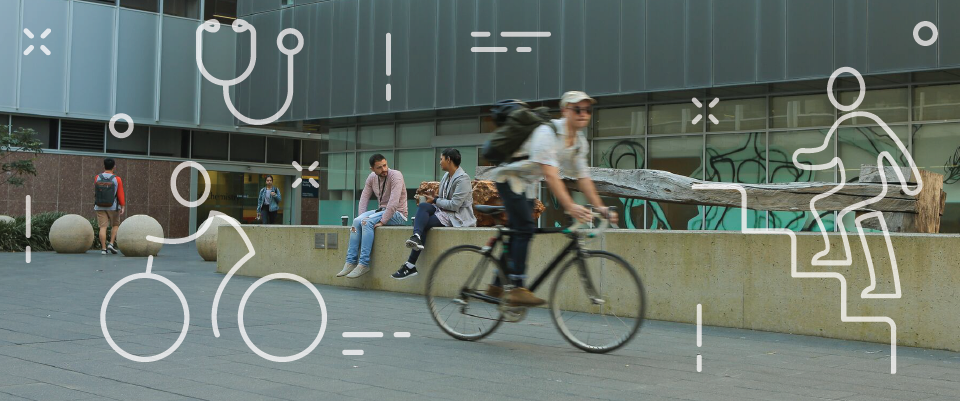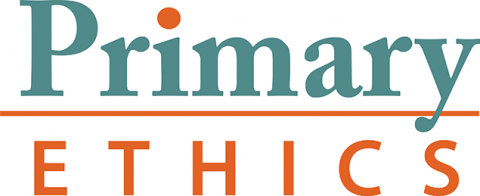UNSW Wellbeing Workplace Volunteering Program
The UNSW Wellbeing Workplace Volunteering Program is part of the Culture pillar of the Wellbeing Strategy.
Benefits of Volunteering
In addition to the benefits received by the community from volunteers' efforts, volunteering has many benefits for those who participate, such as:
- volunteering is highly associated with greater health and happiness (96% of volunteers say it makes them happier and 95% say it is related to feelings of wellbeing)
- volunteering results in a "helper's high", a powerful physical and emotional feeling experienced when directly helping others
- sustained volunteering is associated with better mental health
- altruistic emotions and behaviours are associated with greater wellbeing, health, and longevity
Benefits of Volunteering Through Work
- Strengthen relationships with colleagues
- Develop professional skills (people skills, teamwork)
- Contacts and networking
Partnership with Primary Ethics
The Workplace Volunteering Program is launching this June with a new partnership with Primary Ethics.
Primary Ethics was established in 2010 as an independent, not-for-profit organisation delivering ethics education classes to primary school children from Kindergarten to Year 6 via a network of specially trained and accredited volunteers. It is the sole provider of ethics classes to NSW public schools.
Primary Ethics provides ethics education to over 40,000 students each week in NSW primary schools via its network of dedicated volunteers. It is estimated that another 60,000 children are missing out each week due to a lack of volunteers.
Primary Ethics and UNSW invite you to be part of the solution to this problem by becoming an ethics teacher!
What are the benefits?
Partnering with Primary Ethics for the Workplace Volunteering Program has benefits for everyone - primary school children, UNSW and staff volunteers:
- Ethics education helps children develop a life-long capacity to make well-reasoned decisions about ethical issues.
- By partnering with Primary Ethics for a workplace volunteering program, UNSW will be helping to equip tomorrow’s decision-makers (and future UNSW students!) with skills in critical thinking and collaborative enquiry.
- Staff development through group training, shared volunteering experience and the satisfaction of contributing to your local community.
- Community connection – each staff member who volunteers would enable up to 22 children at a local primary school to benefit from ethics education.
- Stimulating learning and professional development opportunity that can extend professional skills including facilitation, communication and out-of-the-box thinking.
The role of an ethics teacher
Deliver weekly ethics classes to students using approved lesson materials. You do not need to create classes or lesson plans yourself, everything will be provided to you. The program is open to both academic and professional staff members. No prior teaching or philosophy experience is required.
Time commitment
30 minutes a week in the classroom for two school terms (terms 3 and 4, 2019) plus travel time to the local school. UNSW Wellbeing will provide transport to and from the school. Volunteers should be able to travel to the school, teach their class and return to UNSW within an hour.
Training
Up to 3 hours online (includes Police check and Working With Children Check) and an intensive 2-day workshop at either UNSW or a Sydney city location. All training is free. We will endeavour to have all UNSW volunteers complete their training together.
When Do We Start?
We aim to have an initial group of volunteers trained in time to start teaching ethics in Term 3 of this year. Term 3 commences on 22 July 2019.


